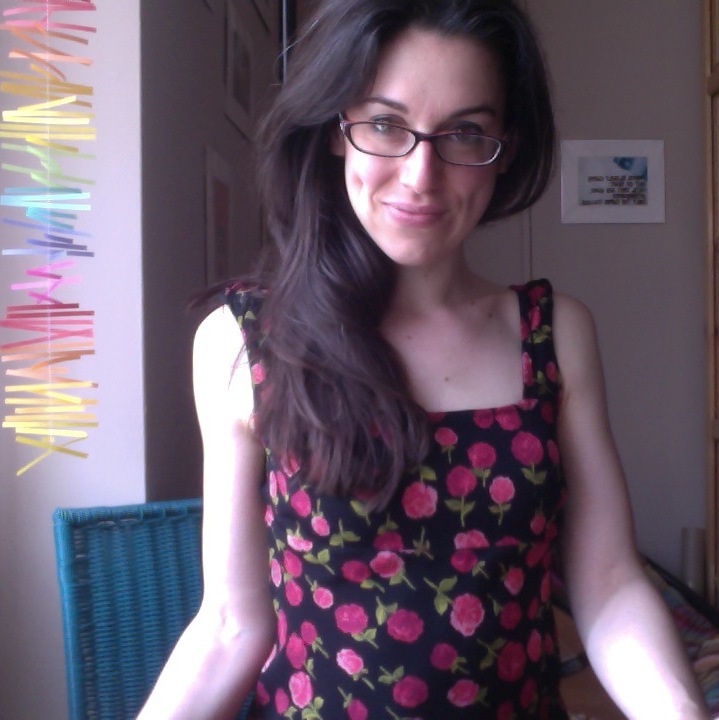Q&A with Sierra Prasada

Sierra Prasada is the co-author of “The Creative Compass: Writing Your Way from Inspiration to Publication” and “Creative Lives: Portraits of Lebanese Artists.” She is adapting the bestselling novel, “The Journeys of Socrates,” into a screenplay — and blogging about it. A freelance journalist and editor, Sierra spent several years living in and reporting on the Middle East. She previously has taught at the Graduate School USA, Mount Madonna Center (California) and the Kripalu Center for Yoga and Health. She’ll be offering courses at The Writer’s Center in Bethesda beginning this summer.
Where do you go to find your ideas?
The net of my mind dredges the riverbed of my everyday experience and brings up all kinds of treasure — dreams, notions, questions and answers, most of which I can’t use. The ideas that ultimately give rise to stories, articles, or other projects, the ones that stick, will reveal themselves only over time and through experimentation.
These ‘sticky’ ideas (explored in greater depth in my book, “The Creative Compass”) have one element in common: they matter to me on some deep level. They matter enough to return again and again, whether in the same or different guise. It’s as if there are certain rivers that periodically intersect with mine, so that I become familiar with their cargo. And, at the right moment, it becomes mine as well. And the pattern that emerges over time points not only to what I write but who I am.
What do you do when you have writer’s block?
I can always write something, of course. But there are plenty of times when I don’t particularly like what I’m writing, and that brings both frustration and relief. How many times, after all, do words that have dripped like honey from my fingertips reveal themselves — later — to be inadequate? In any moment of so-called “block,” in contrast, I’m aware, in real time, that the words or sentences I’m committing to paper just won’t work, and I’m probably only one step away from knowing why. There’s no magic in writing without writing onward, so if I choose to step away, I try not to do so without a specific plan to return.
Do/did you have a day job? What was it and how did it influence your writing?
While writing my first book, I also worked as a journalist in Beirut. I reported for a DC-based radio wire service, and I wrote about arts and culture for regional and other magazines. I’d previously considered writing a fairly introverted act, but this experience exploded that notion. The act of writing itself, with time, I realized could provide its own sanctuary, no matter the setting, but it was my job — the writer’s job — to cultivate that open door that would allow the world to flow into my work.
I don’t mean social media or networking but the attitude instilled in journalists: attention, curiosity, the ability to listen, the desire to ask better questions and to answer them, the willingness to see from many perspectives and to seek out additional ones. When I write as a journalist, whether I’m working on an article or a story, song lyrics or a screenplay, I can tap into an energy that far exceeds my own and it transforms my work.
Why should people come listen to you talk about your book?
I love a good conversation, so I’m looking forward to talking with interested readers and my co-presenter Theo Pauline Nestor about our shared enthusiasm for and challenges with writing. “The Creative Compass,” my second book, developed from an ongoing conversation with my dad — first he edited my work, then (and now) we make suggestions on each other’s manuscripts. These and other more far-flung experiences (learning Arabic, living in the Middle East, playing music, performing) shaped the book and my overall perspective on writing.
I’m glad to have this opportunity to help others approach writing as a conversational act so they can connect with the sticky ideas they’re meant to cultivate, enjoy solitude, and fully develop their drafts to the point that their finished work moves their readers as much as it does them.


